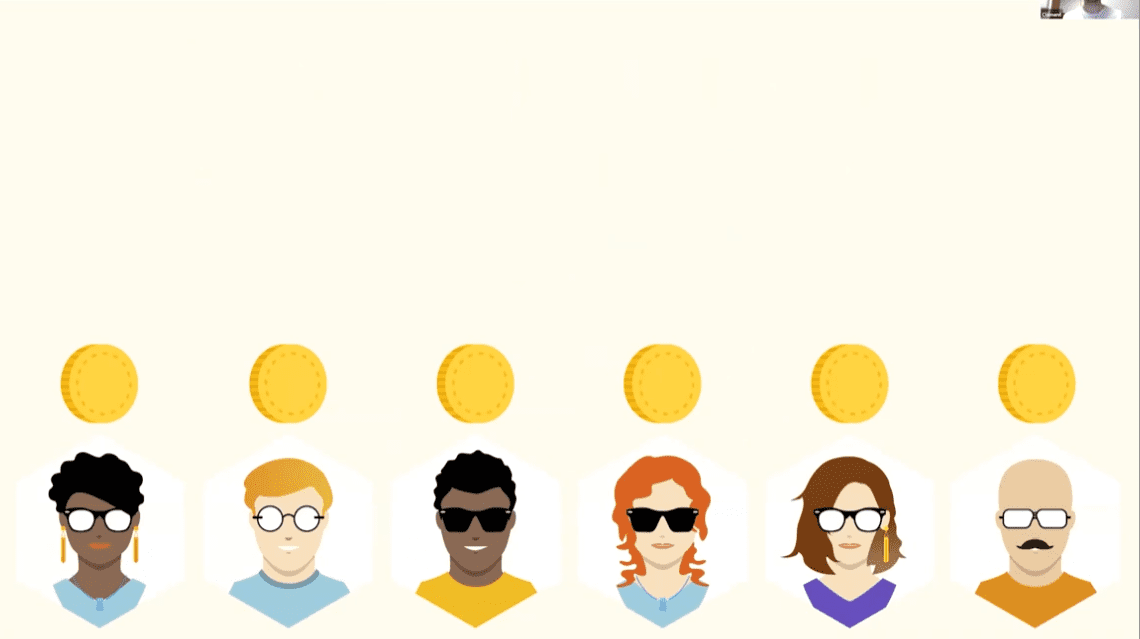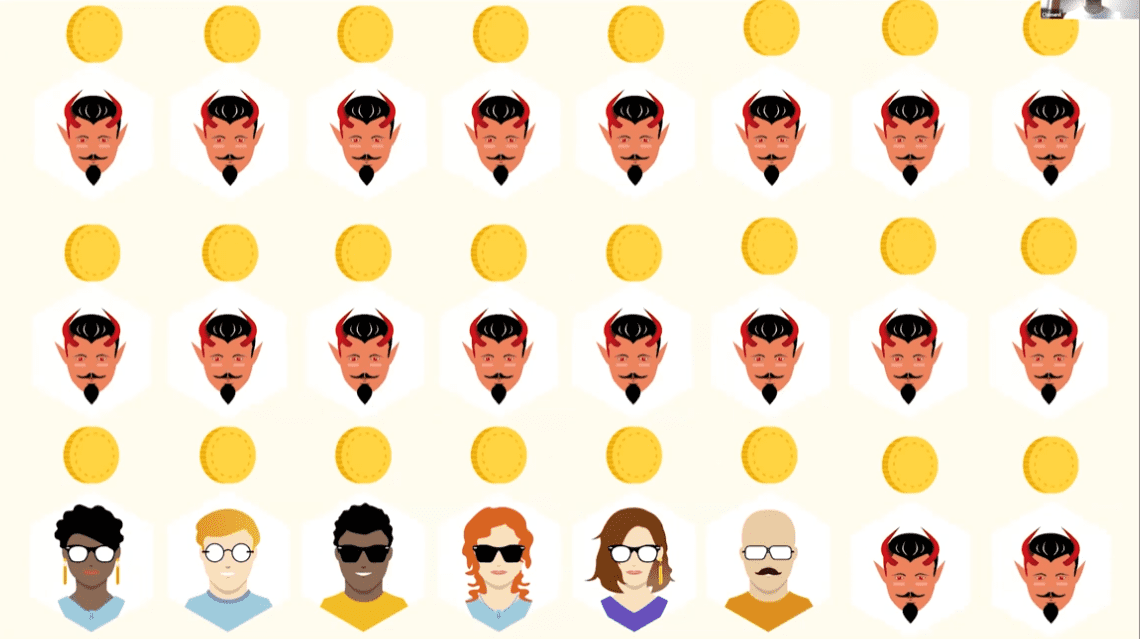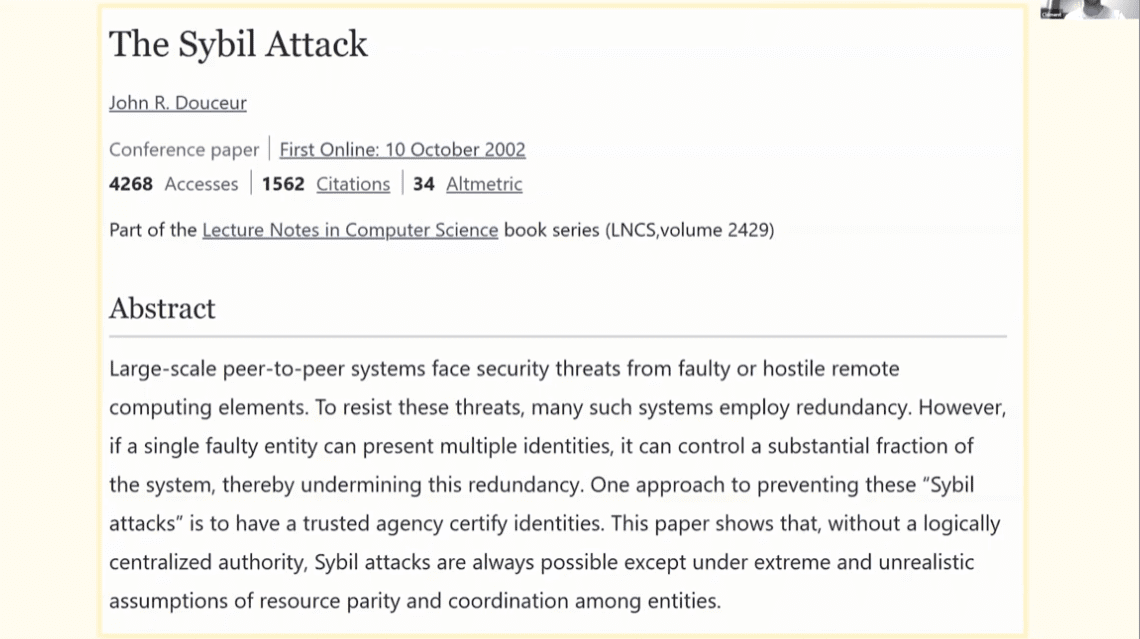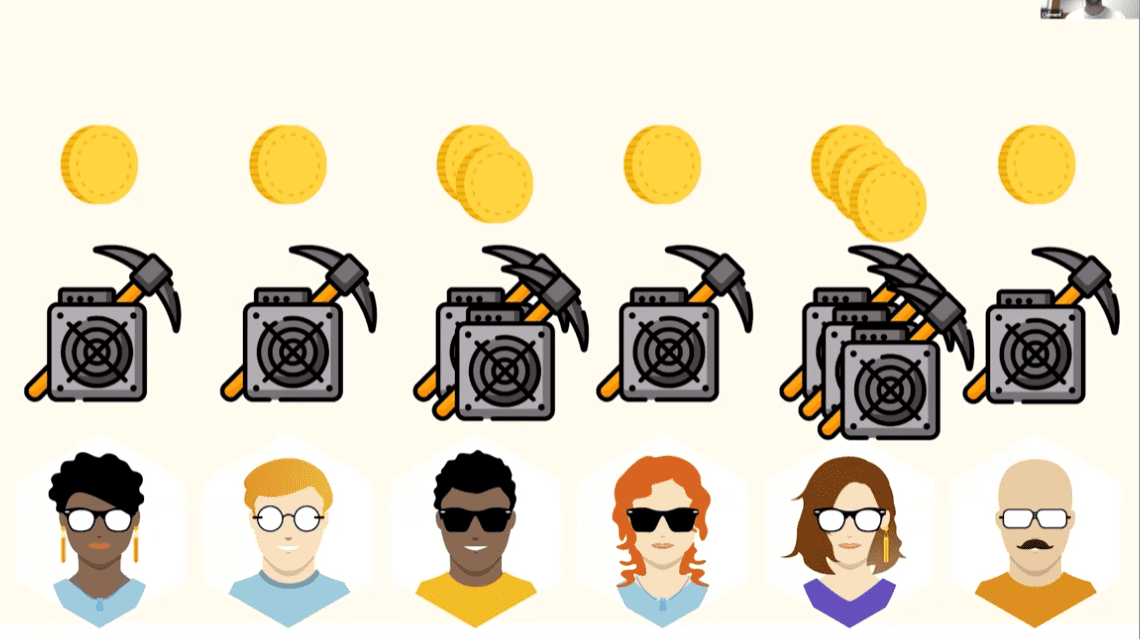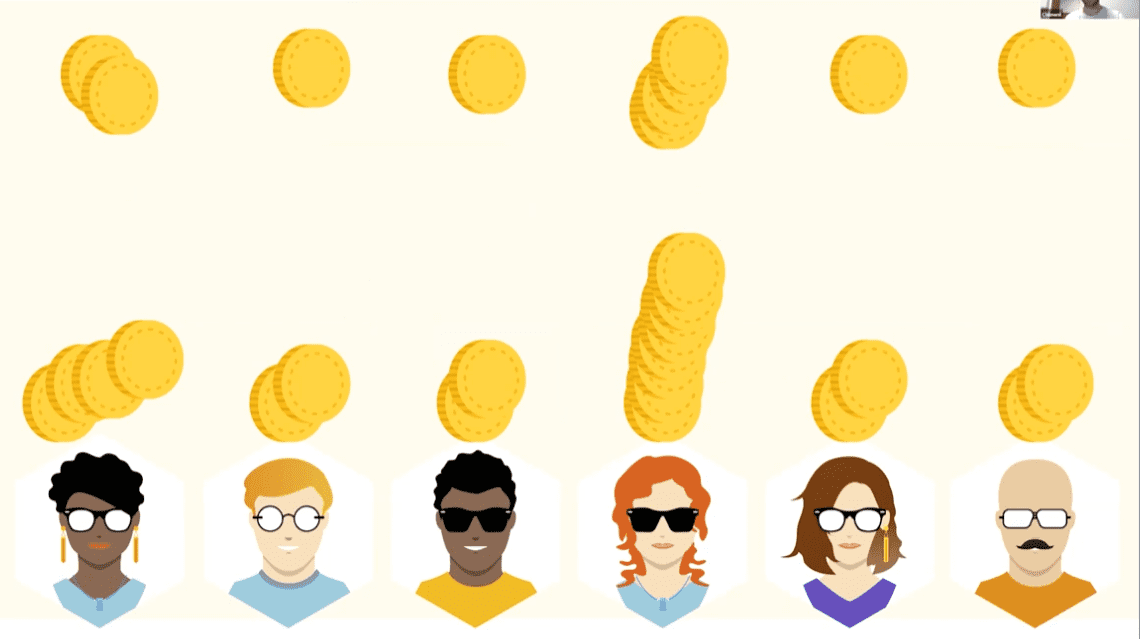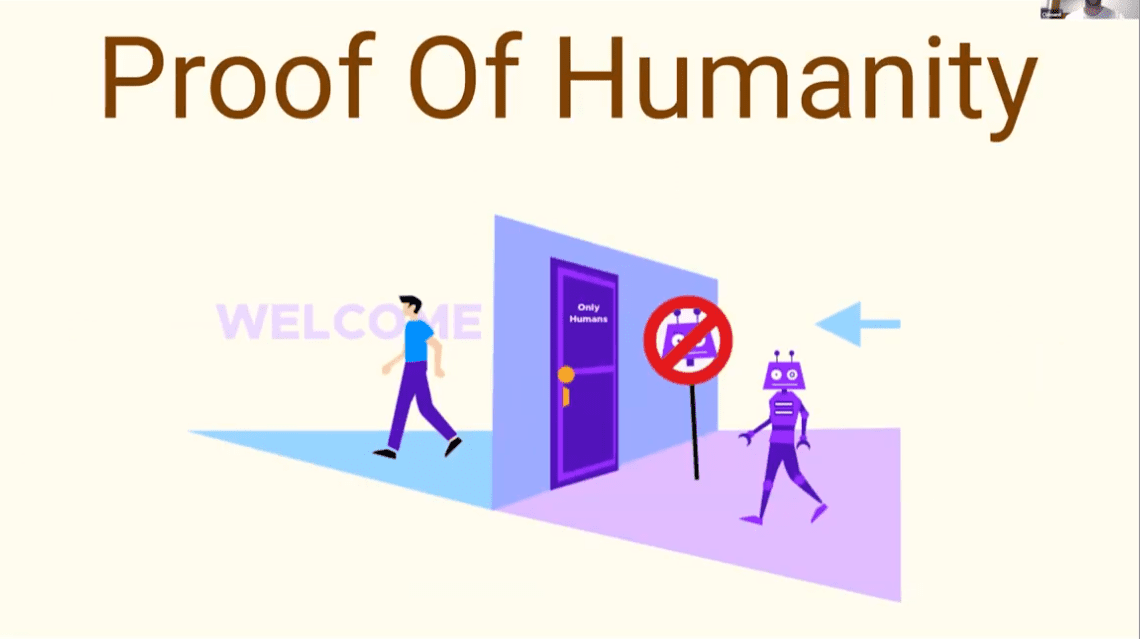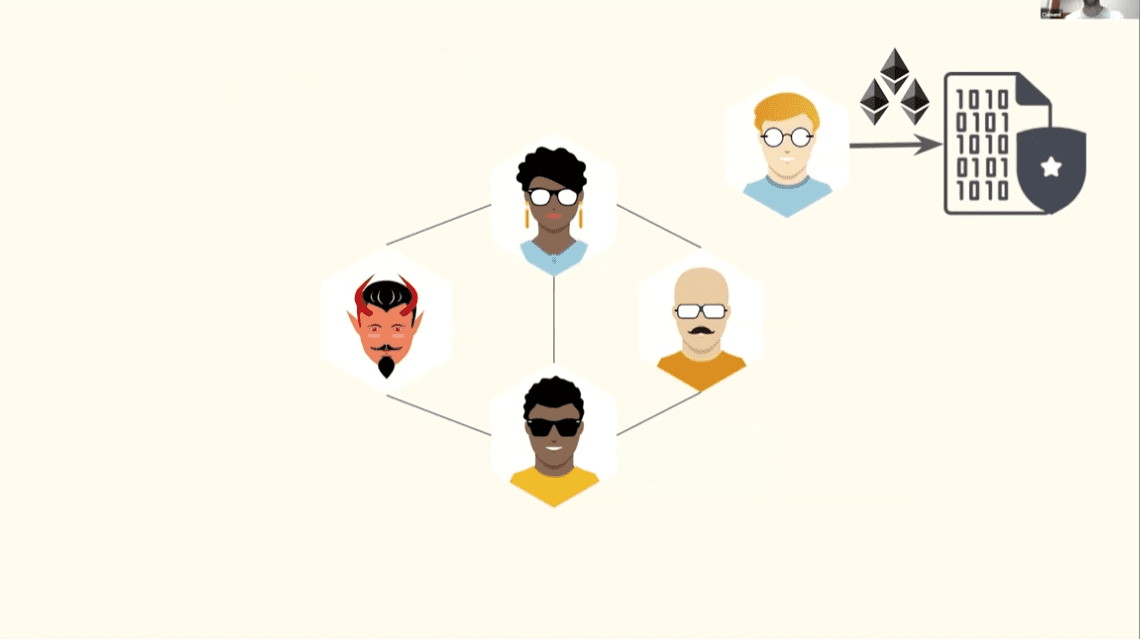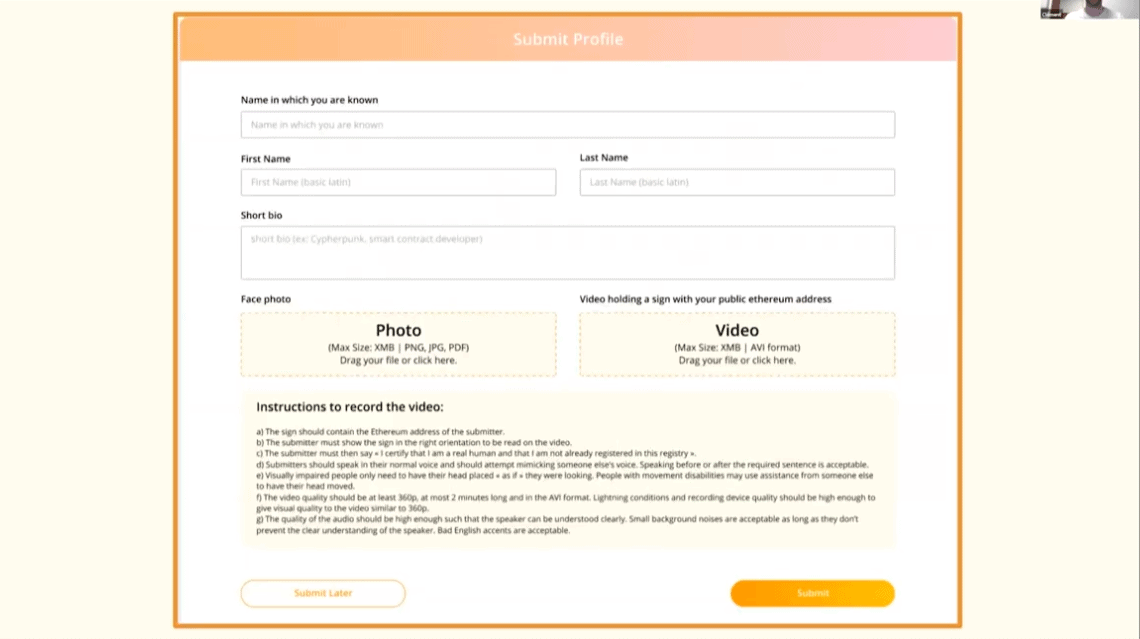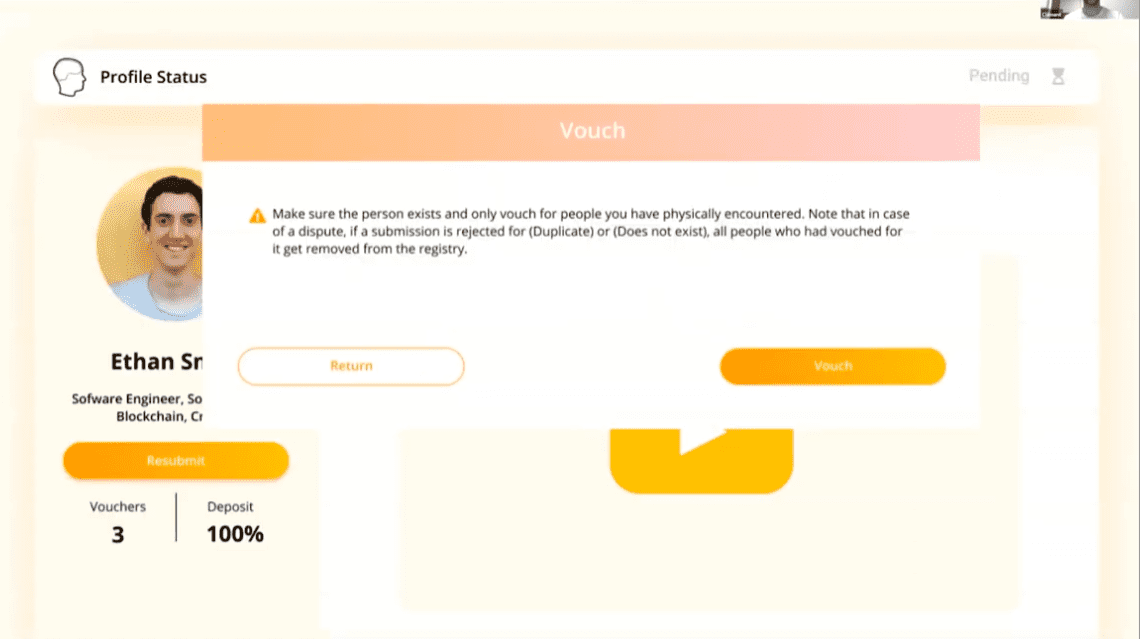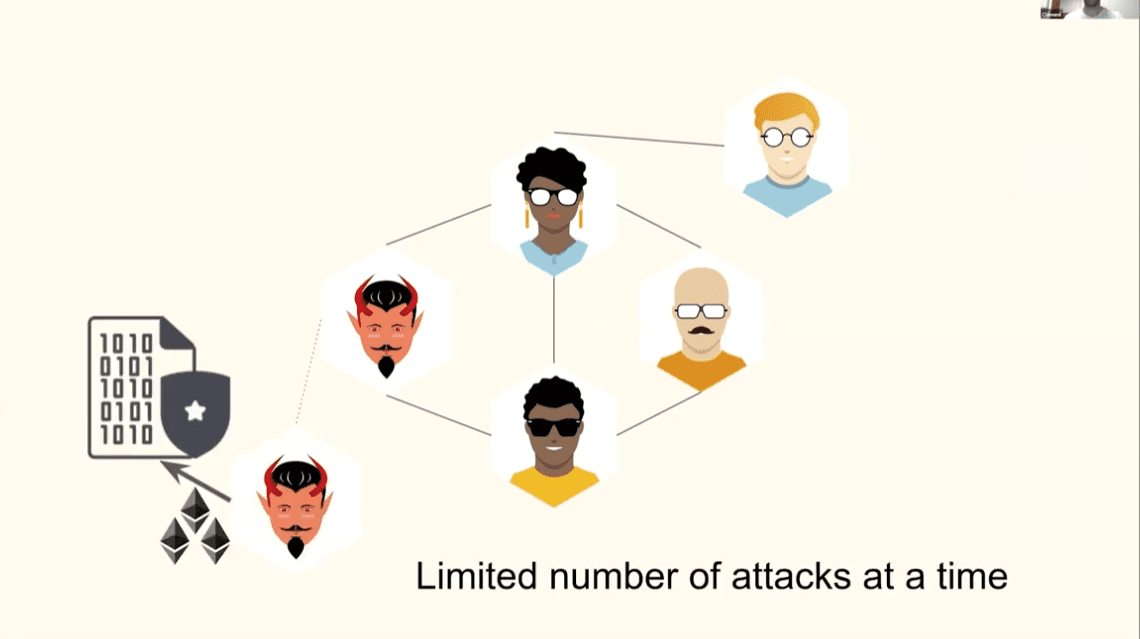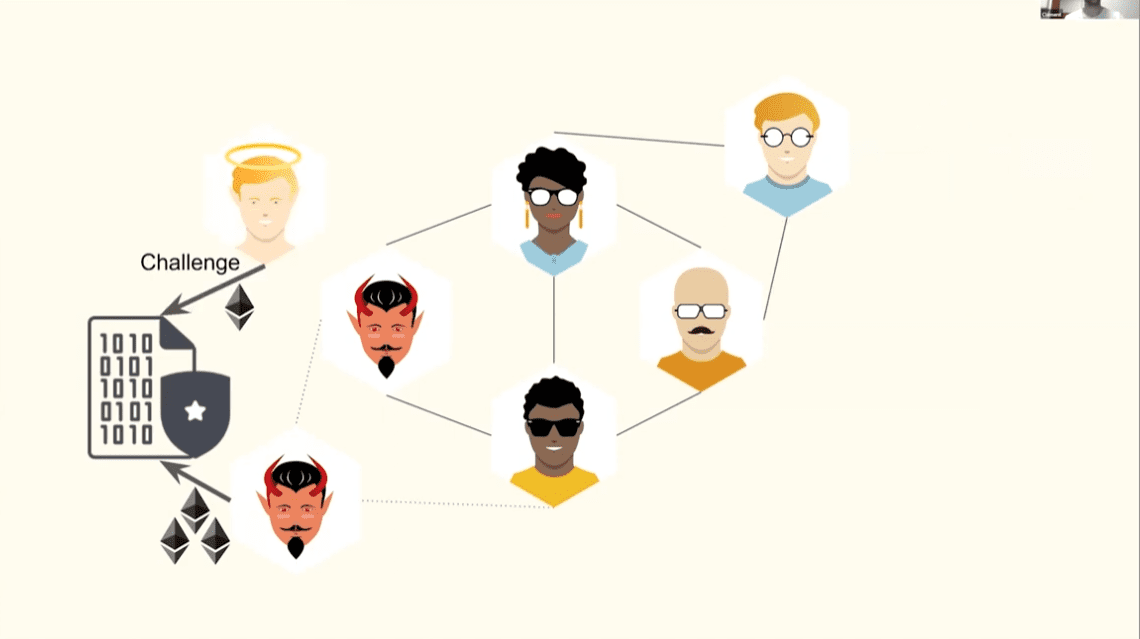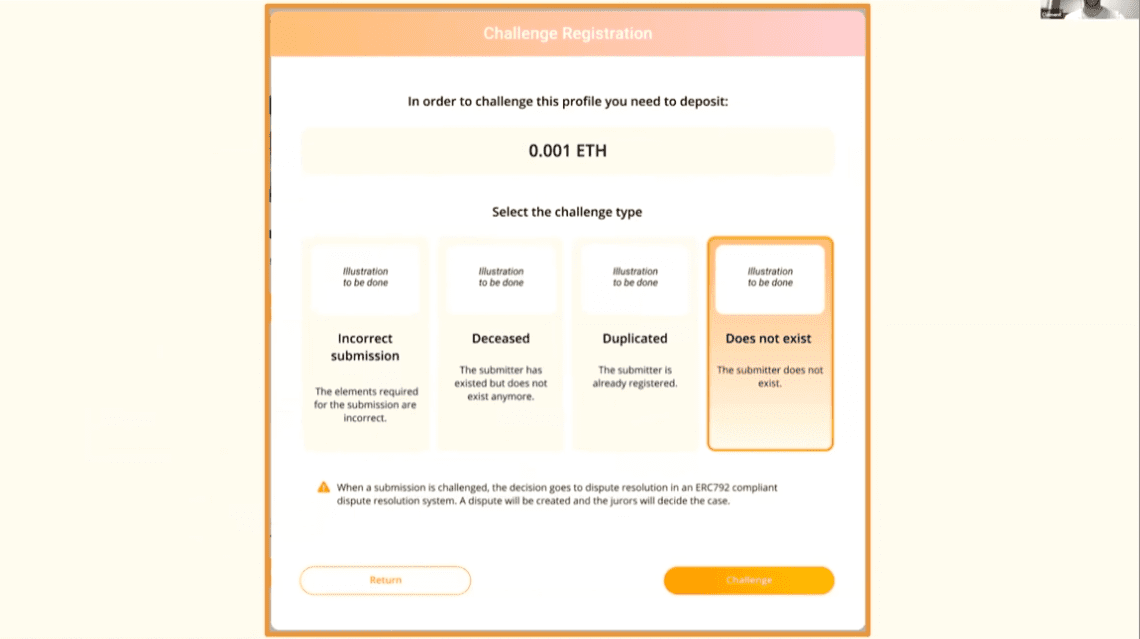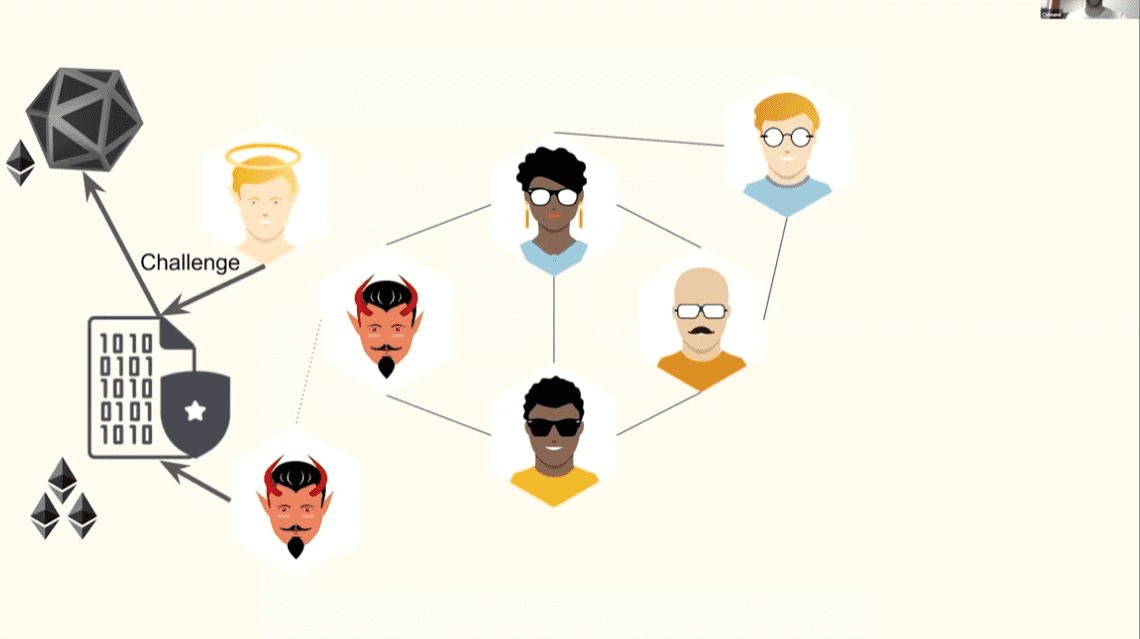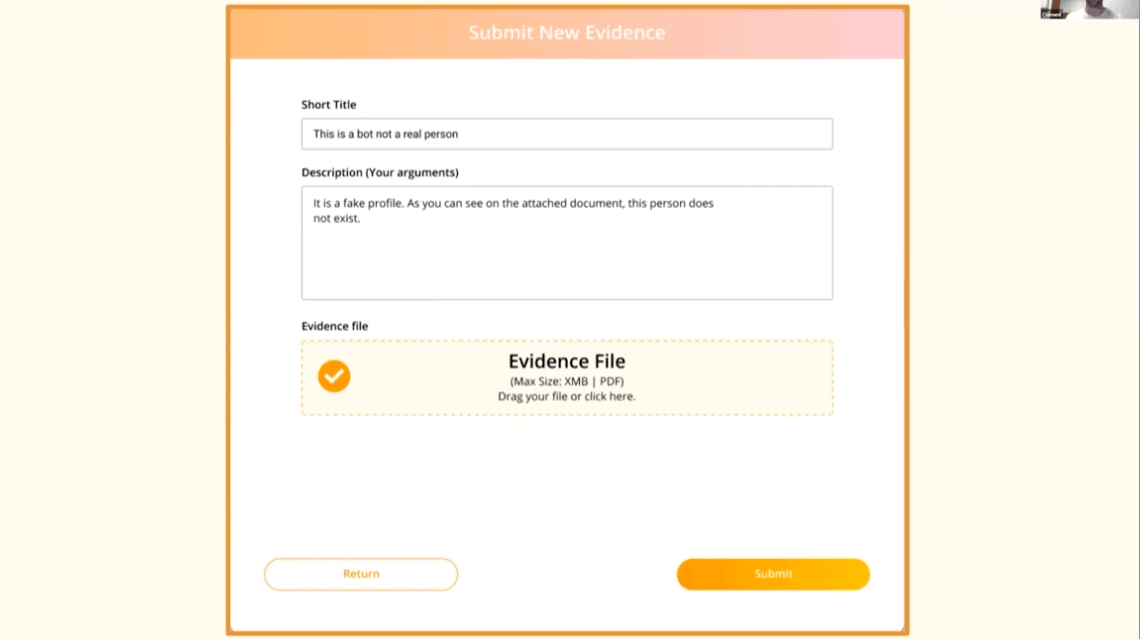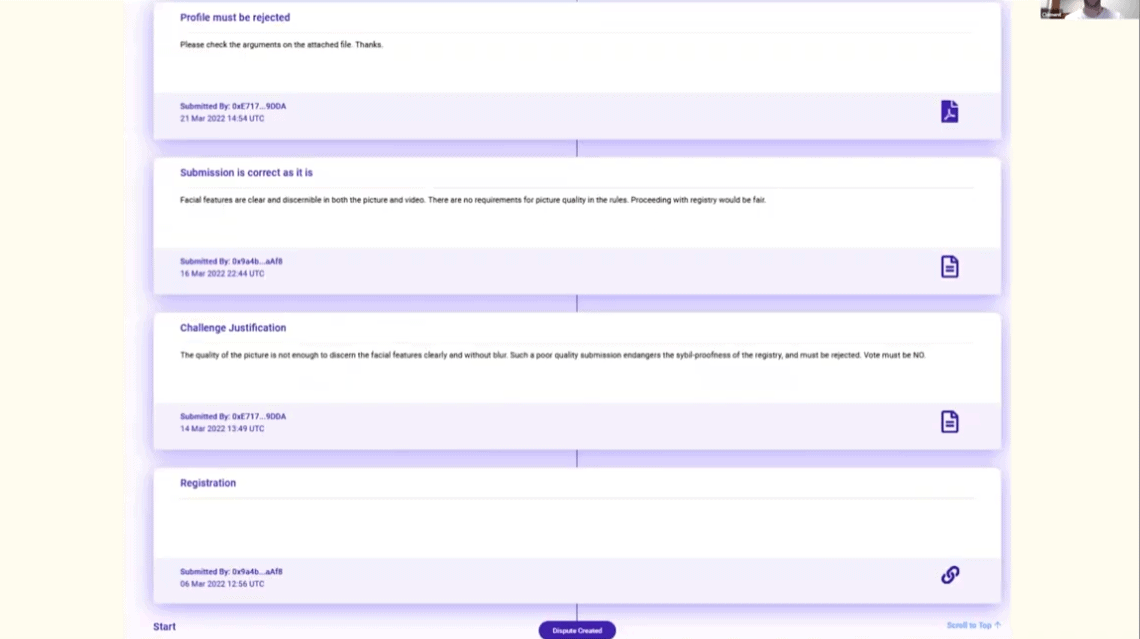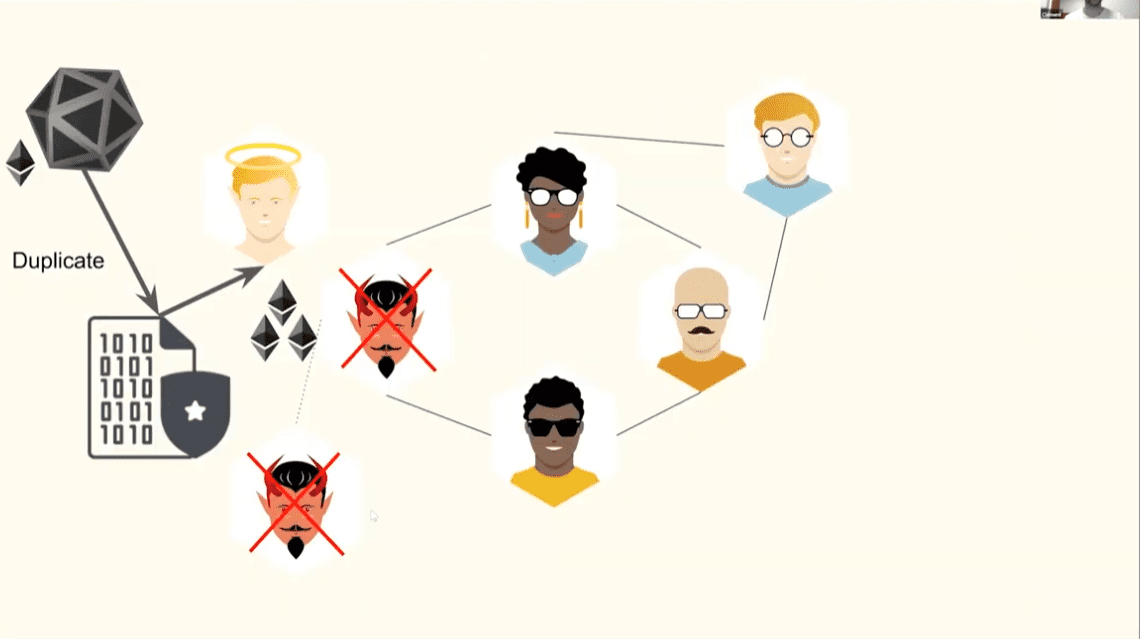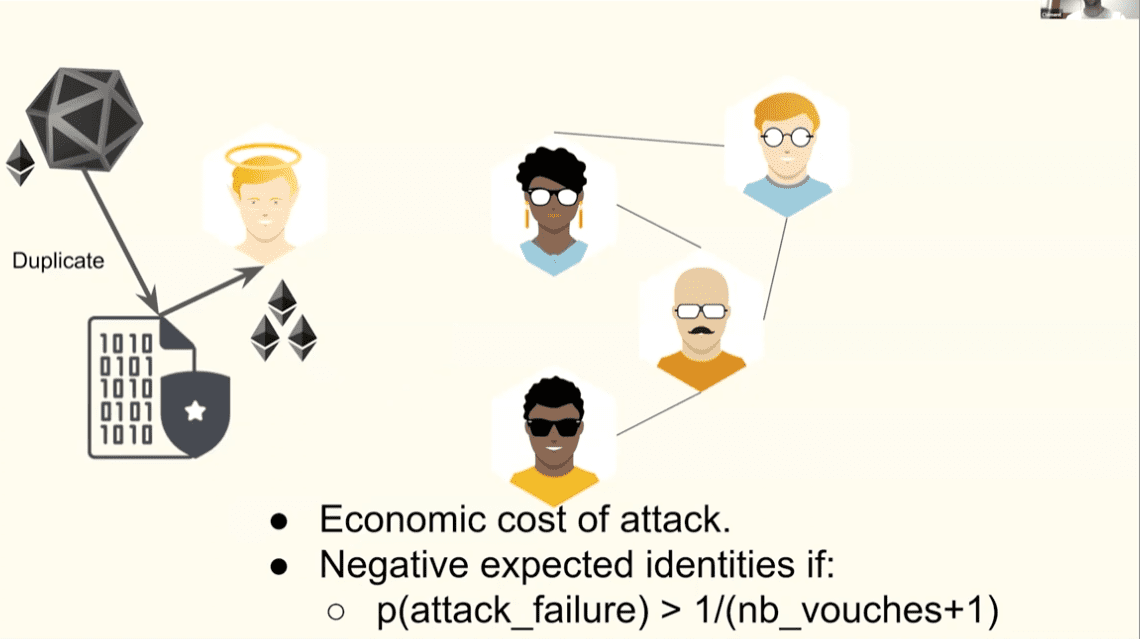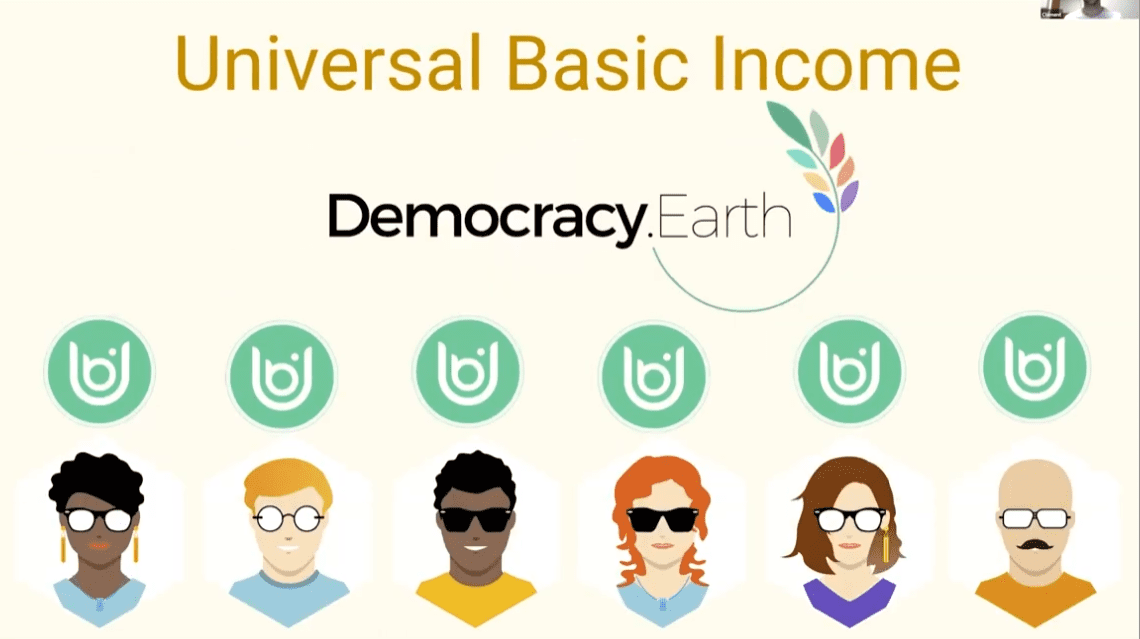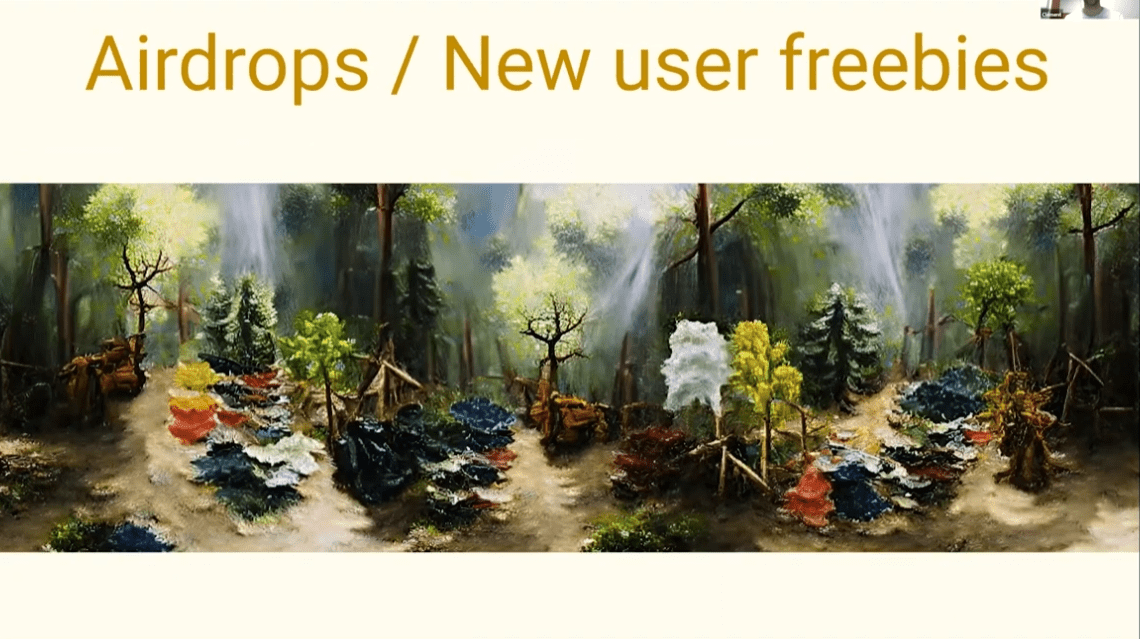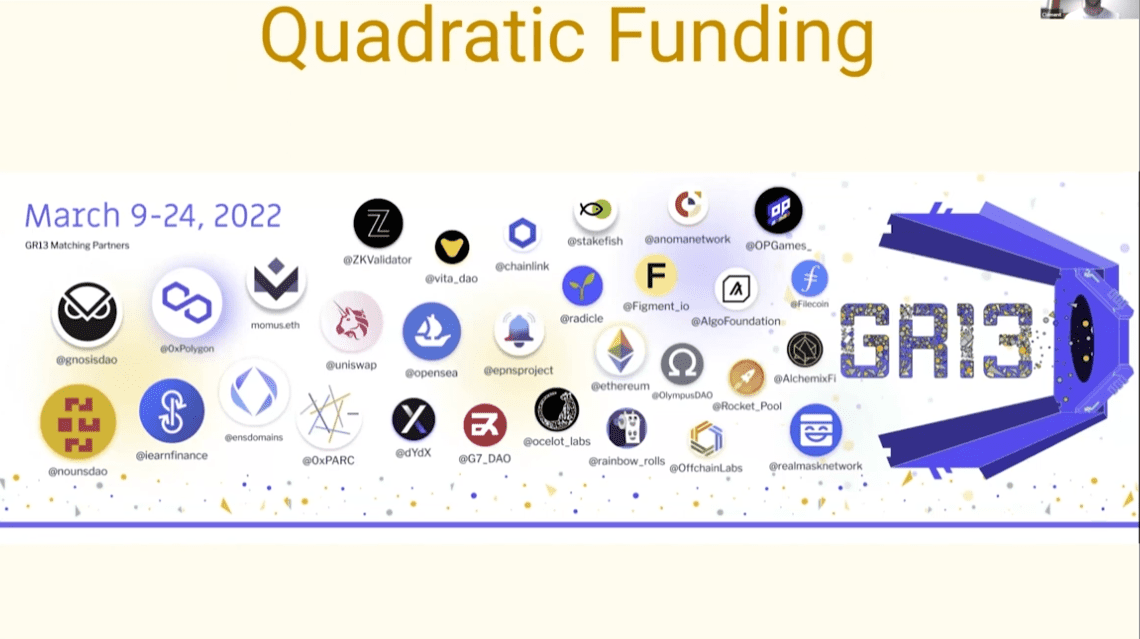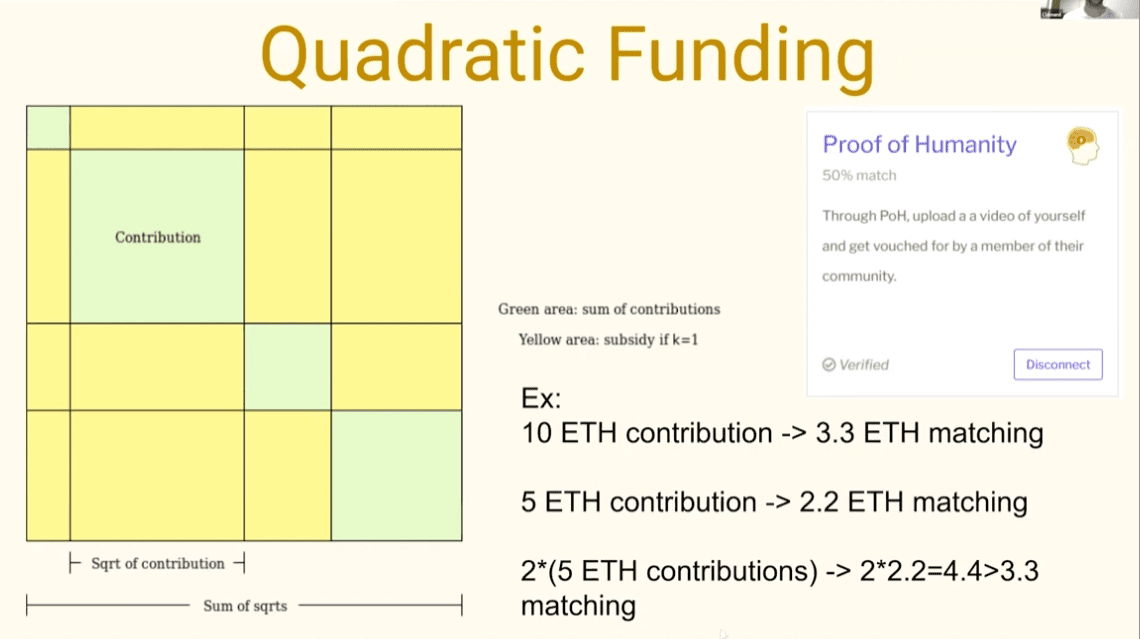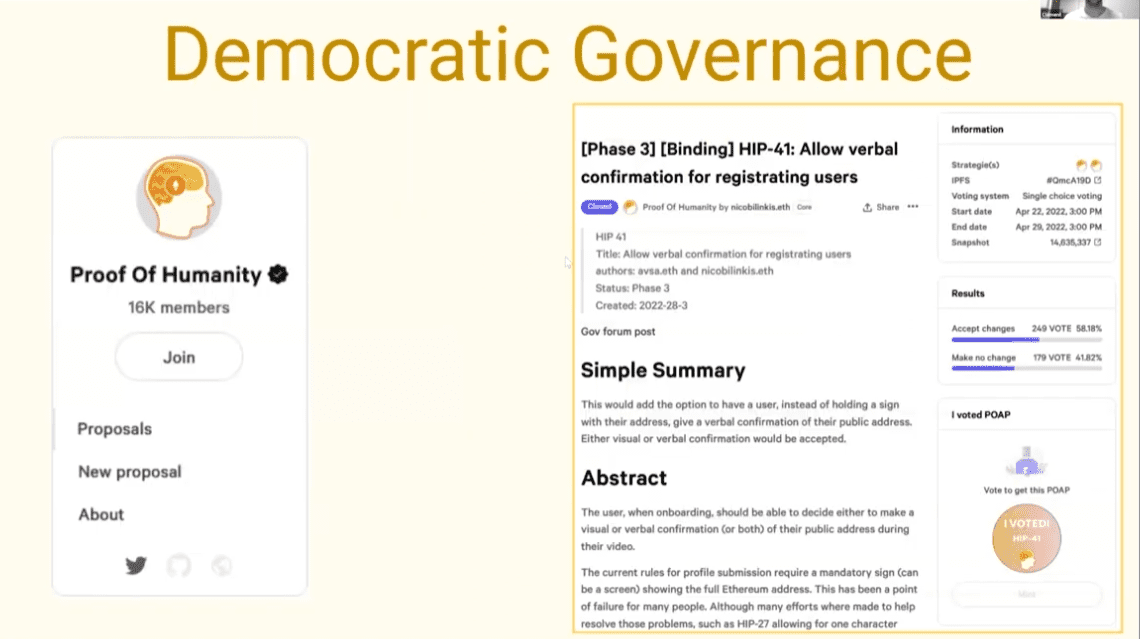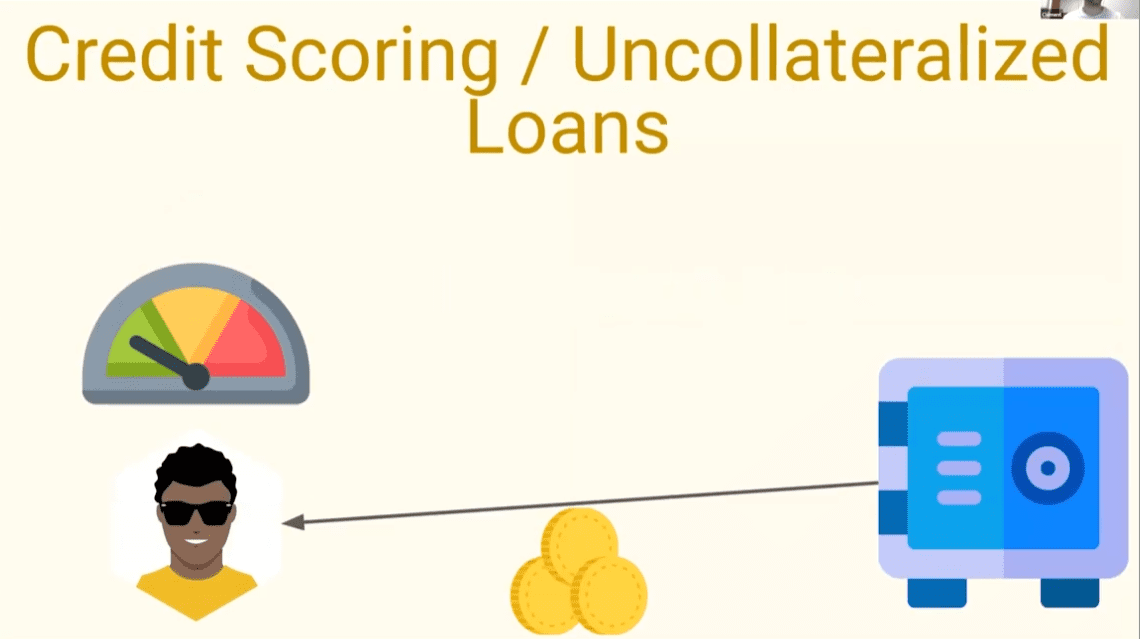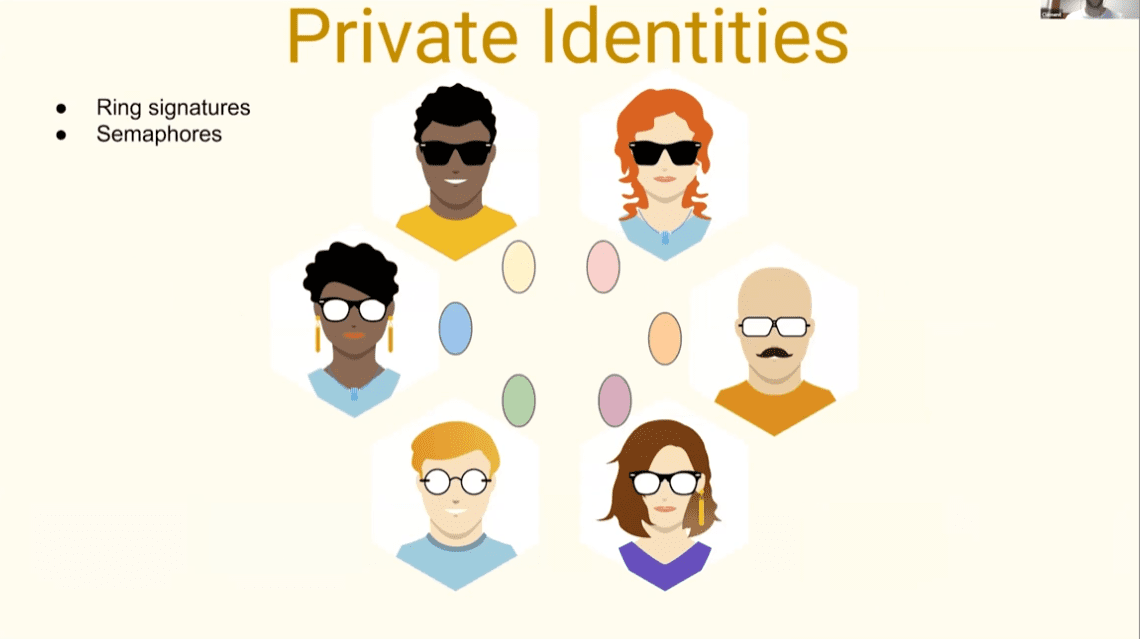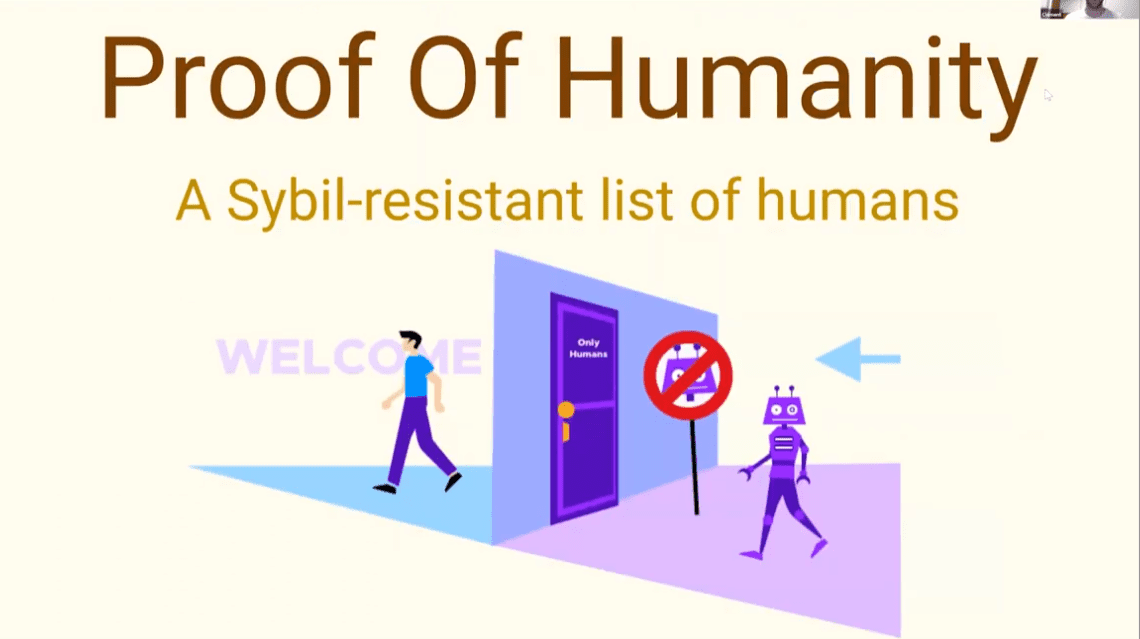Presenters

Ryan Calo, University of Washington School of Law
Ryan is a Professor at the University of Washington School of Law. He is a founding co-director of the interdisciplinary UW Tech Policy Lab and the UW Center for an Informed Public. Professor Calo holds adjunct appointments at the University of Washington Information School and the Paul G. Allen School of Computer Science and Engineering….

Clément Lesaege, Kleros
Clément is the CTO of Kleros. He has an engineering degree from UTC (France) and a Master of Science in Computer Science from Georgia Tech (US). He worked as a smart contract security freelancer doing audits and finding vulnerabilities in smart contracts. He works on smart contracts and cryptoeconomics (CS, cryptography, game theory) at Kleros, designing mechanisms to make participants give honest answers in on-chain disputes (escrow systems, on-chain oracles, curated lists)…
Ryan is a Professor at the University of Washington School of Law. He is a founding co-director of the interdisciplinary UW Tech Policy Lab and the UW Center for an Informed Public. Professor Calo holds adjunct
appointments at the University of Washington Information School and the Paul G. Allen School of Computer Science and Engineering.
With robotics and cybernetics, it’s not just bits on the line, it’s bones. This is software that can touch you. Currently, US law allows software to disavow many of the responsibilities we put on other domains
of technology. If you are a writer using Microsoft Word, and Word freezes and destroys an article, they aren’t held liable for any kind of damages to your income.
The biggest advantages of personal computers, phones, and websites is third party content. Similar to software, the law does not hold platforms liable for third party misuse. This strategy has never been
available to entities that can cause physical harm. Robotics and cybernetics will have a difficult time using the same open strategy as other tech companies because liability does not work the same way. The
incentive will be to have closed ecosystems, which will hamper progress.
Proof of Humanity
Clément is the CTO of Kleros. He has an engineering degree from UTC (France) and a Master of Science in Computer Science from Georgia Tech (US). He worked as a smart contract security freelancer doing audits and finding vulnerabilities in smart contracts. He works on smart contracts and cryptoeconomics (CS, cryptography, game theory) at Kleros, designing mechanisms to make participants give honest answers in
on-chain disputes (escrow systems, on-chain oracles, curated lists).
Distributing tokens in crypto systems is threatened by the Sybil attack – where bots attempt to gain control of a system by pretending to represent a vast majority of human users. One solution was to use
proof of work (mining) to validate human status. However, most people are not miners and there are vast differences in mining potential of each person. Some people want to use proof of stake, which is better
than proof of work but also has inequality problems. This is where proof of humanity comes into the picture.
The first step is to have each new user create a video of themselves while holding a QR code to tie the video to a specific account. The next layer of security is to have an existing user vouch for the new
incoming user. The incoming user needs to deposit a certain amount of cryptocurrency in order to attempt to join the network, and upon joining the amount is given back. For bots, this prevents large volumes of
simultaneous attacks.
This system can be used for universal basic income, airdrops, quadratic funding, and democratic governance. In the future it could be integrated into credit scoring and antispam tools. Currently, Lesaege
is focused on using this system to create private identities and ‘soulbound’ items, digital assets that cannot be traded.
Slides:

